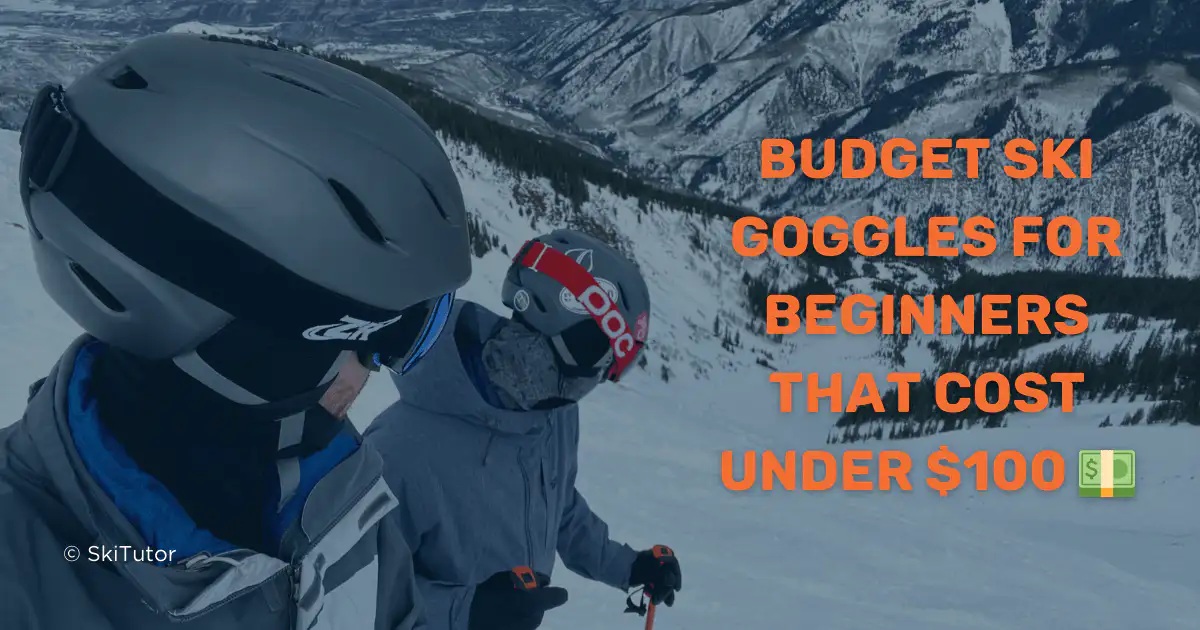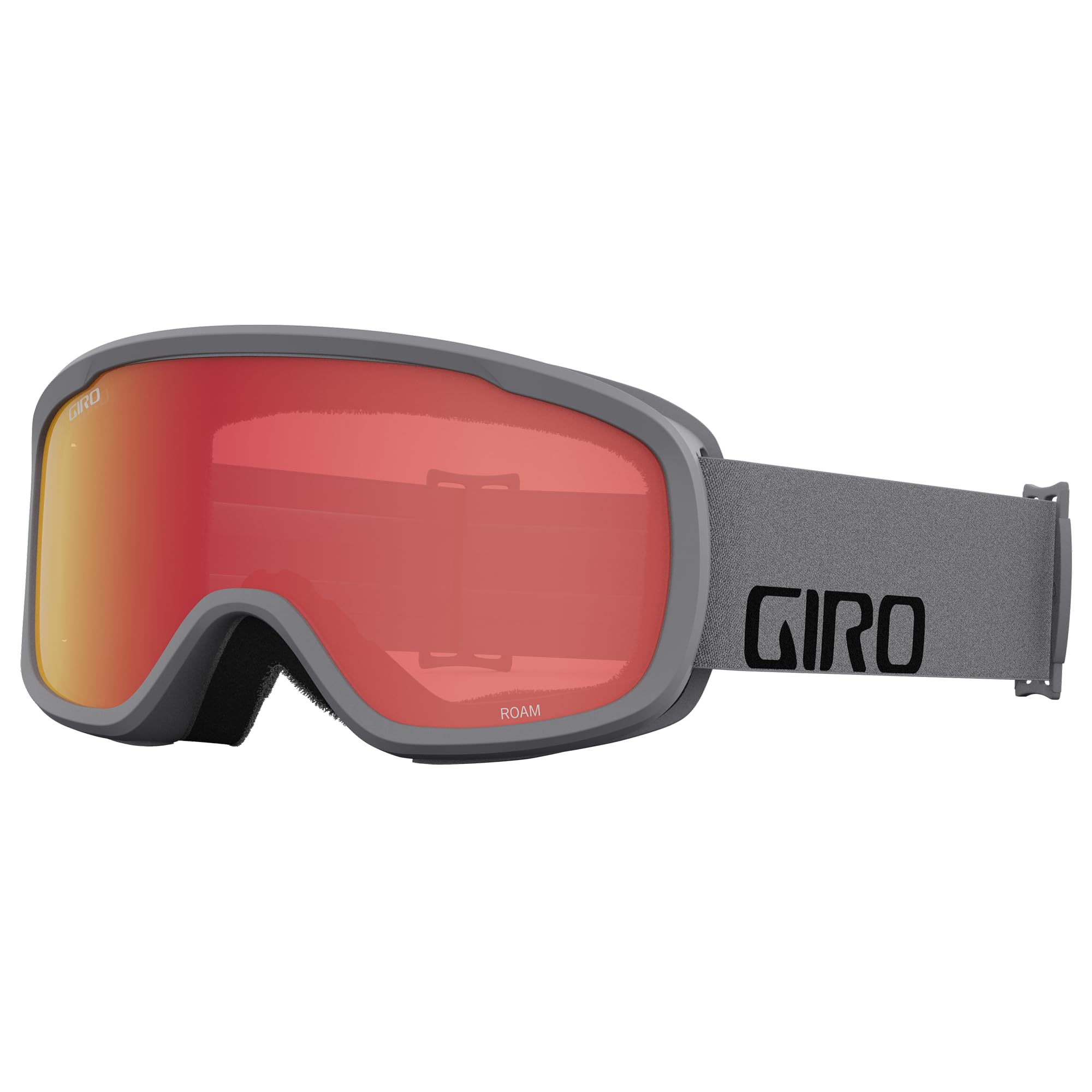Discover the best budget ski goggles for beginners! Each offers clear vision, comfort, and fog-free performance without breaking the bank.

Lorem ipsum dolor sit amet, consectetur adipiscing elit proin mi pellentesque lorem turpis feugiat non sed sed sed aliquam lectus sodales gravida turpis maassa odio faucibus accumsan turpis nulla tellus purus ut cursus lorem in pellentesque risus turpis eget quam eu nunc sed diam.
Lorem ipsum dolor sit amet, consectetur adipiscing elit proin mi pellentesque lorem turpis feugiat non sed sed sed aliquam lectus sodales gravida turpis maassa odio.
Lorem ipsum dolor sit amet, consectetur adipiscing elit consectetur in proin mattis enim posuere maecenas non magna mauris, feugiat montes, porttitor eget nulla id id.
Lorem ipsum dolor sit amet, consectetur adipiscing elit ut suspendisse convallis enim tincidunt nunc condimentum facilisi accumsan tempor donec dolor malesuada vestibulum in sed sed morbi accumsan tristique turpis vivamus non velit euismod.
“Lorem ipsum dolor sit amet, consectetur adipiscing elit nunc gravida purus urna, ipsum eu morbi in enim”
Lorem ipsum dolor sit amet, consectetur adipiscing elit ut suspendisse convallis enim tincidunt nunc condimentum facilisi accumsan tempor donec dolor malesuada vestibulum in sed sed morbi accumsan tristique turpis vivamus non velit euismod.
Ski goggles protect our eyes on the slopes. Bright sun, blowing snow, and cold wind can make seeing while skiing tough, but the right goggles make a big difference.
They block out the glare and keep snow away from our eyes. Good goggles help us spot bumps and curves more clearly, which is huge when the weather turns weird, or the light gets flat.
Not everyone wants to spend a ton on goggles, especially if we’re just starting out or only hit the slopes a few times each season. Budget ski goggles are for folks who want solid protection without draining their wallet.
Some budget goggles still have cool features like anti-fog coatings, UV protection, and comfy foam padding. I mean, who really wants cold, wet air blasting their face all day?
When picking ski goggles, fit, lens quality, and comfort matter most. You’ll also want to check if they stay fog-free, adjust easily, and work with your helmet.
With so many choices online and in stores, finding good budget goggles can feel a bit overwhelming. We spent hours digging through different options and comparing prices and features to help you find goggles that do the job for under $100.
It’s not always easy to find ski goggles that actually work well and don’t cost an arm and a leg. I found some great budget ski goggles that offer good protection and comfort.
Let’s check out our top picks for hitting the slopes without breaking the bank.

These goggles are a solid pick for anyone who wants reliable performance without an expensive price tag.
Pros
Cons
After a bunch of ski days, I started to trust the ZIONOR X4 goggles for their comfort and simple design. The field of vision feels open, and I noticed less fogging compared to other goggles at this price.
The magnetic lens system is a real bonus when the weather shifts. Swapping lenses is quick, so I could quickly adapt as the light changed during a storm cycle from snowing to sunny.
The goggles are a bit bigger than some others, but the comfort and protection made up for it. Overall, ZIONOR X4 Magnetic Lens Ski Goggles gave me reliable value for about 5 years when I really got back into skiing in my 20s.

Ok, these ones look very similar to the Zionor options. And they may very well be from the same manufacturer! It's still work mentioning in case one is on sale or you like the lens color better in one or the other.
Pros
Cons
The frameless design really helps to see the whole slope without distractions. I've worn these on a bright day and found the lens clarity impressive, with no annoying fog to wipe off.
When switching the lenses, the magnetic system helped align the new lens as we brought it to the frame. Extra lenses have to be bought separately, so keep that in mind if you want options for all weather.
They stayed tight and comfortable, even after hours of skiing. Adjusting the strap took seconds, and the goggles fit my Large Smith helmet.
I also like the handy case that comes in the box—a nice touch for protecting them during travel. The OutdoorMaster Ski Goggles PRO is a solid choice if the Zionor isn't available (or not on sale).

As an upgrade near the top end of our price range, Smith goggles are well-known for the quality of their optics. The Blazer goggles are no exception.
Pros
Cons
These were the goggles that I owned before "upgrading" to the Zionor model above (mainly because my pair were over a decade old). The slim framehelps expand the view, although not as much as the goggles with cylindrical lenses.
And to be honest, I would have kept these if I wasn't intrigued by swapping out lenses. The fit was comfortable, and the strap was easy to adjust on the go.
During spring skiing, the foam around the eyes soaked up sweat without irritating my skin, and the vents kept the air flowing. Just don't stop for too long as you might start to see a bit of fog in the corners.
I did occassionally find myself squinting since the lens I chose wasn't rated for bright sunny days. For most winter conditions though, these goggles deliver dependable performance at a good price.
I’d recommend the SMITH Blazer Goggles to anyone who wants solid comfort and a clear view and isn't concerned with swapping lenses.

For anyone needing affordable ski goggles that comfortably fit over glasses and work well in most conditions, these are an easy pick.
Pros
Cons
The roomy design made it much easier for this to be my pick for those with glasses. The OTG (Over-The-Glasses) design makes sure that the goggles don’t press uncomfortably on your face.
Switching between the two included lenses was quick and helpful. It's great to have options when light varies day-to-day, and even better that it was included in the box.
The field of vision was comparable to other goggles on this list. Even with the taller frame, you won't sacrifice visibility.
Style-wise, these goggles are pretty simple, but for the price and performance, we think they’re a practical choice for most skiers.

Ok Oakley fanboys and girls, here's your pick. Another comfortable option in the budget price range.
Pros
Cons
The comfort of these goggles is noticeable right away. The flexible frame fits my face well, and the triple-layer foam helped soak up sweat to stay dry on the warm spring day.
If you wear glasses, you might appreciate the notches for prescription eyewear. Still, it’s worth knowing that the goggles have a medium fit and run on the small side, so they’re probably best for those of us with smaller or average-shaped faces.
While they’re not the absolute cheapest, their build and comfort make them a good value in the budget range.
When you’re shopping for budget ski goggles, you’ll want to focus on features that actually matter out on the slopes. Fit and comfort top the list for most people.
If goggles feel too tight or loose, they might slide off or even dig in and hurt. Make sure you pick the right size to fit your face, and even order a few sizes to lock in the fit. For those with smaller noses, there are also low-bridge fits that can be useful.
Lens quality is another big deal. Fortunately, UV blocking and anti-fog coatings are relatively standard these days. Just make sure the reviews don't have anything glaring about smudges or scratches after use.
That combo keeps your vision clear and your eyes protected, which honestly makes a bigger difference than you’d think.
Ventilation matters too. Good airflow prevents your goggles from fogging up at the worst times.
Foam padding should feel soft against your face, but still hold the goggles in place. Triple-layer foam usually adds comfort and helps wick away sweat.
Here’s a summary of features to look for:
Make sure your goggles actually fit with your helmet. Not every design plays nice—bulky frames can be a pain with certain helmets.
Think about the lenses you’ll need for your usual weather. Darker tints (low VLT) work best in bright sun, while lighter lenses (high VLT) help in cloudy or snowy conditions.
If you ski in all kinds of weather, swappable lenses are a lifesaver. They’re not just a gimmick—they actually come in handy more often than you’d think.
Note: This article contains affiliate links. If you click on these links and make a purchase, I may receive a small commission at no additional cost to you. This helps support the content on this site. I only recommend products I personally use or believe will add value to my readers. All opinions expressed are my own.